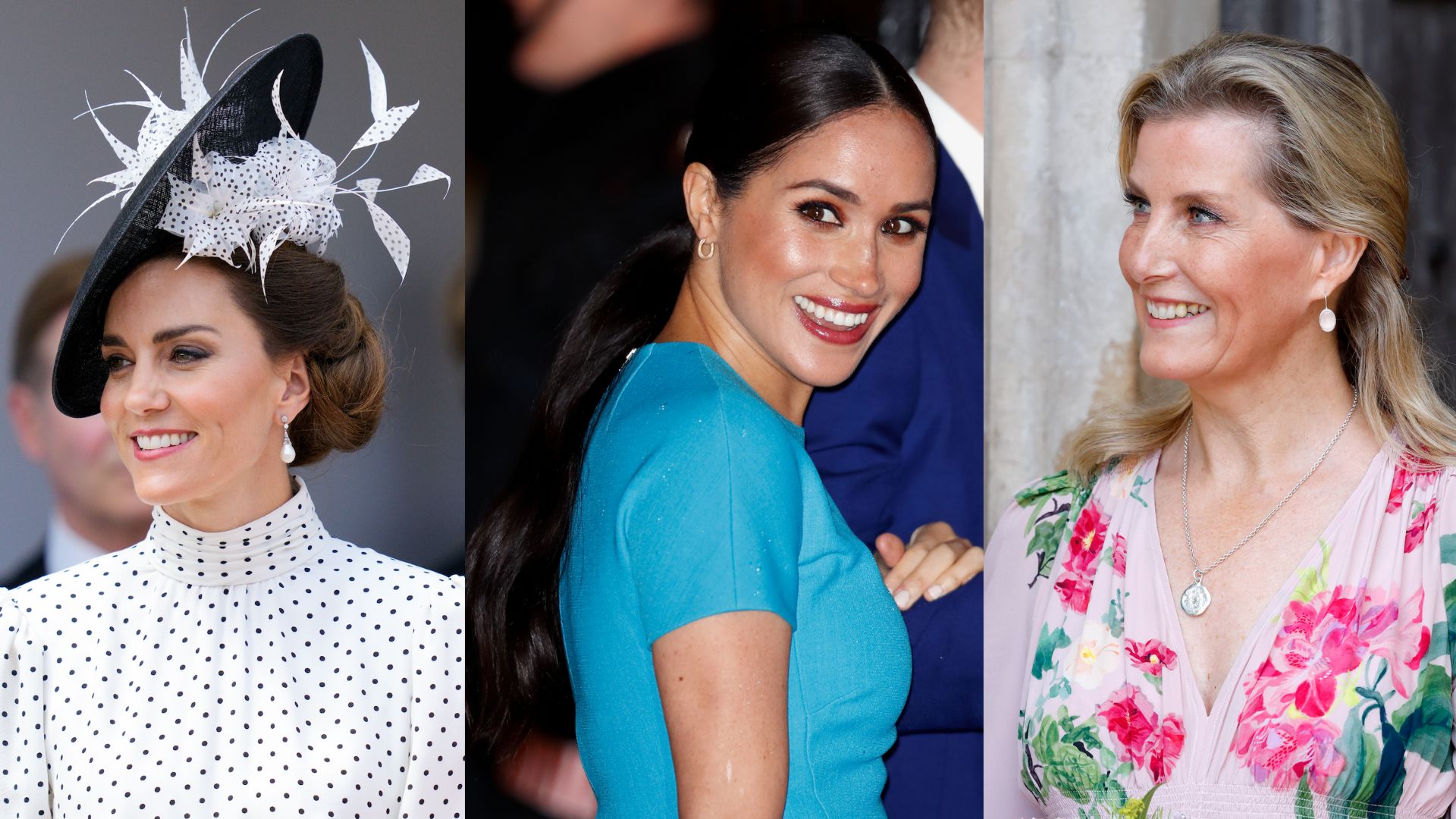How many calories does running burn? It's probably more than you think
Experts reveal how many calories running burns over 30 minutes and one mile, so you can find your best pace


How many calories does running burn? Whether you're looking to lose, maintain, or gain weight through regular exercise (and a healthy diet), it's probably a question you've asked before and received a different answer every time.
The good news is, compared to other cardio exercises like walking and cycling, running is a particularly high-calorie burning exercise as it quickly increases your heart rate and gets almost every muscle in the body moving.
When it comes to running for weight loss, however, the most important element to consider is calories in versus calories out. I.e. a calorie deficit. Running, thanks to its high calorie-burning potential, can help you get into this deficit in a healthy and sustainable way. But first, it's helpful to know how many calories you're burning with your weekly runs. So here, woman&home speaks to a running specialist and a physician to reveal all you need to know, including how many calories are burned in 30-minute and one-mile sessions.
How many calories does running burn?
On average, running burns between 280 to 520 calories per 30 minutes, says personal trainer and running specialist David Wiener. "Running is one of the best exercises for high-calorie burn due to the vast amount of muscles that are needed to work hard together," he explains.
As your muscles are moving, board-certified physician Dr Thais Aliabadi says, "Your heart is pumping more blood, your lungs are working harder, and you are using a lot of energy. All these factors help you burn more calories."
However, they both agree, several factors impact how quickly we burn calories, which is why there is such a large possible calorie burn range. For example, the type of running you do is important. Running at a fast pace for 30 minutes will naturally burn more calories than running slower as more effort is needed. Equally, running on an incline will have the same effect as your body works harder to keep up with the challenge.
But not only is the type of running important, everyone's body reacts differently to exercise based on a number of personal factors. So even if two people do the exact same exercise, they'll burn a different number of calories at the end of the workout.
Sign up for the woman&home newsletter
Sign up to our free daily email for the latest royal and entertainment news, interesting opinion, expert advice on styling and beauty trends, and no-nonsense guides to the health and wellness questions you want answered.
Two of the most important factors that play into how quickly someone burns calories are:
- Weight: If you weigh more, you'll burn more calories. "Calories are a measure of energy," Weiner, who works alongside AI-based fitness and lifestyle coaching app Freeletics, reminds us, "So if you weigh more, you will have a higher energy expenditure while running as you need more energy to move."
- Fitness levels: If you're fitter and exercise regularly, you'll burn fewer calories with the same amount of effort as someone who runs less regularly doing the same exercise. "If you are on a run with a friend and struggling to keep up, you will burn more calories because you are using more energy," says Dr Aliabadi, who is also the founder of Trimly.com.
How many calories does running 1 mile burn?
It's estimated by many, including the American Council on Exercise, that running one mile burns roughly 100 calories. According to the organization's chart, a 140lb (63kg / 10 stone) person burns 13.2 calories per minute. This means a 10-minute mile would burn 132 calories, increasing with every minute spent running. If a person weighed 160lb instead and also ran a mile in 10 minutes, the number of calories burned for that session would increase to 151.
However, as David Wiener and Dr Aliabadi say, the number of calories someone will burn over a mile distance greatly depends on the intensity of the run and bodily differences. Those who've just learned how to start running, for example, will burn the most calories.
If you want some idea of how many calories you personally burn running, it's worth investing in one of the best Fitbits or another type of fitness tracker. While it'll never be 100% accurate, provided you record your weight, height, and exercise via the workout modes often, it will offer an approximate number of calories burned after every workout you do.

Is running better than walking for burning calories?
Yes, if you're looking to burn more calories in a shorter amount of time, running will be better than walking. The American Council on Exercise's chart reveals that in comparison to the 13.2 calories burned per minute by a 140lb person running, walking burns just 7.6, which is about the same amount as weightlifting.
However, as much as the running vs walking debate is a hot one, they are two very different activities. There are many benefits of running for women but walking is a lot lighter on the joints, so can be done for a much longer period of time by someone who weighs more and has lower levels of fitness, burning more calories over time. This is why many experts, including Paul Williams of the Lawrence Berkeley National Laboratory, recommend it as a suitable exercise for those looking to lose weight sustainably. It's also more accessible, with no specialist equipment required - except perhaps a pair of walking shoes.
How to burn more calories running
- Run for longer: "Endurance-based running is more beneficial for weight loss purely down to the fact you will be exercising for a longer amount of time, and therefore burning more calories," says Wiener.
- Add weights to ankles and wrists: "Adding wrist or ankle weights while running is an excellent way to burn more calories," says Dr Aliabadi, as the added weight will up the intensity of the workout, forcing the body to work harder.
- Incorporate some strength training: "[This] can help build the much-needed leg muscles, which will help deliver more power and force, as well as strengthening connective tissues and making you less prone to injuring yourself," says Wiener. "Not forgetting working your upper body muscles which will help boost your running efficiency, and working your core which will help maintain a stable upper body and minimise side-to-side movement."

Grace Walsh is woman&home's Health Channel Editor, working across the areas of fitness, nutrition, sleep, mental health, relationships, and sex. She is also a qualified fitness instructor. In 2025, she will be taking on her third marathon in Brighton, completing her first ultra marathon, and qualifying as a certified personal trainer and nutrition coach.
A digital journalist with over seven years experience as a writer and editor for UK publications, Grace has covered (almost) everything in the world of health and wellbeing with bylines in Cosmopolitan, Red, The i Paper, GoodtoKnow, and more.
-
 Our favourite royal updos, from Kate Middleton's twisted chignon to Meghan Markle's sleek ponytail
Our favourite royal updos, from Kate Middleton's twisted chignon to Meghan Markle's sleek ponytailWant to elevate your locks? Look to the royal ladies, who know how to elevate the humble updo into something seriously regal
By Lauren Clark
-
 What is an Eye in The Handmaid's Tale and what does 'under his eye' mean?
What is an Eye in The Handmaid's Tale and what does 'under his eye' mean?Wondering what The Eyes do in The Handmaid's Tale and what is meant by 'under his eye'? You aren't alone. With season 6 of the show on its way to the UK, fans of the show are intrigued.
By Lucy Wigley